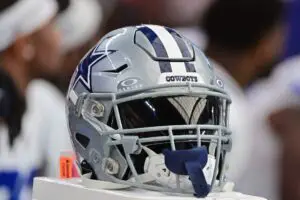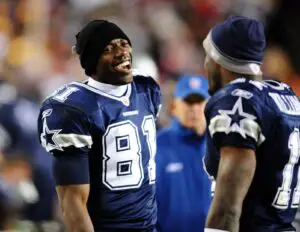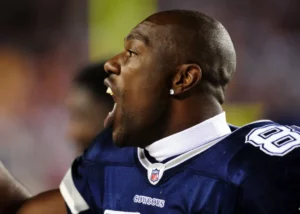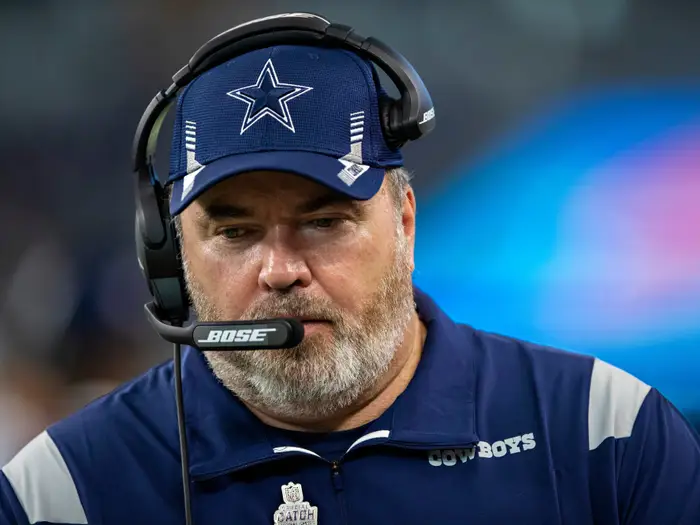Former Dallas Cowboys Star WR Says Players Have ‘Slave….

Terrell Owens, a former Dallas Cowboys wide receiver, made controversial comments this week about the relationship between NFL players and team owners. Owens said he believes players don’t have enough power in today’s NFL.
On Wednesday’s edition of The Jason Lee Show, Owens was a guest on the show. During his appearance, he didn’t hold back on some of the most controversial comments he made about race. Owens mentioned race multiple times, citing it as a factor in the firing of former NFL quarterback Colin Kaepernick.

Lee also asked Owens, a Hall of Fame receiver, why the NFL has no black owners. “Most of the players are black,” Owens said. “The majority of the owners, except for two, are white, another race that isn’t black.” Owens said the NFL “was like a good old-fashioned boys’ club,” in part because of its “one-on-one voting system.” NFL owners must vote for someone to own a team before they can become owners. Because the NFL owners are mostly white, their inductees fit into the status quo.
Ex-Dallas Cowboys wide receiver discusses NFL ownership and race
According to Owens, the league’s unbalanced structure leads players to adopt a “slave-like attitude” when they become part of a team.
When you think about the dynamics of it, the slave mentality, I think we’ve had a lot of conversations over the years, and I know a lot of the players in the league have had conversations with me about it.
These owners, the way the system is set up, they really have these players thinking we need them, rather than the players really understanding how powerful they are.

That’s not hyperbolic, and Owens didn’t sugarcoat it.
This is an important conversation to have in the NFL, where most of the players are one race but the people in charge and paying the salaries are another. Given the history of owners using racial language in the NFL, it’s no surprise to hear Owens say that many players feel uneasy about the racial dynamics in ownership.
And that’s not to mention the NFL’s relationship between black coaches and their white counterparts.



